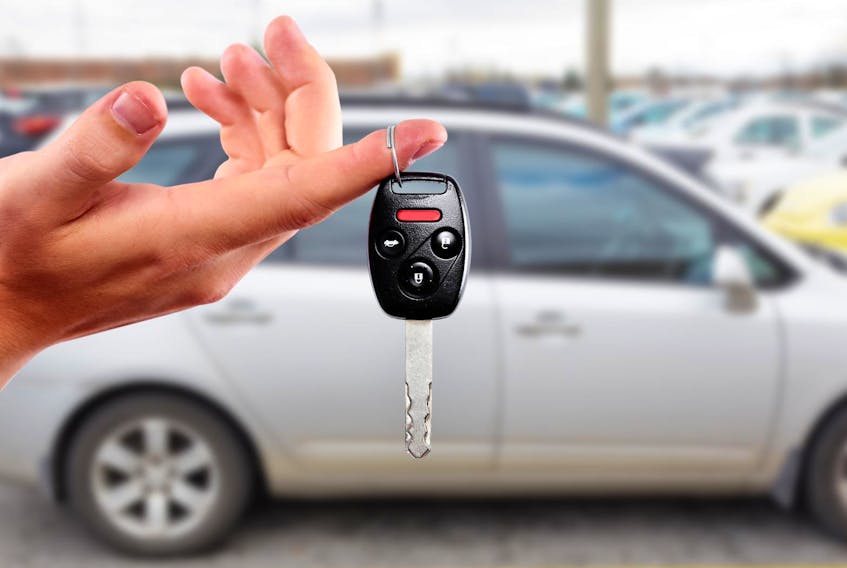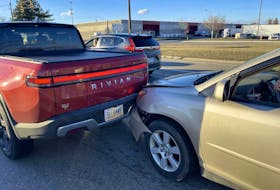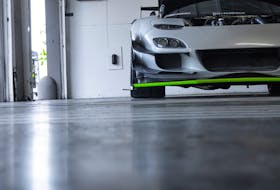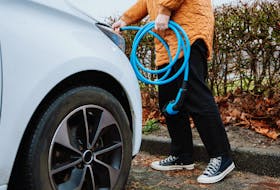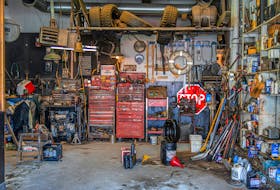Based on reader correspondence of late, it seems like many Canadians are heading into the used car marketplace in search of a new-to-them ride.
Whether it’s your first time buying a car, or your first time in a long time, bearing a few useful facts in in mind can help lead to a more positive experience, and reduced chances for headaches down the line.
So, read on for a list of important things to remember before you buy that second-hand ride.
Wholesale versus retail value
This is a common question from readers across the country, confused by the two terms given to the value of a second-hand car. The answer is simple: wholesale value is what a car just like yours is worth to someone who will buy it to re-sell it, later on. For instance, if you ‘sell’ your second-hand car to a dealership (by trading it in) toward something newer, than the dealership will give you the wholesale value of your car.
Retail value, conversely, is what a car just like yours is sold for to its next customer. For instance, you might trade in your used Kia Optima to a used car dealership, for a used pickup truck. The dealer may offer you $8,000 for your used Optima. This is the wholesale value. The dealer may then offer your used Optima for sale to someone else for $12,000. This is the retail value. The difference between the two relates to the extra time and work incurred by the dealership (and not by you) to recondition your trade in, advertise and market it, serve interested shoppers, and handle all related paperwork.
Simply, you can sell your vehicle privately (for retail value), but this is more time consuming and you may have to deal with many tire-kickers and handle any extra expenses relating to repair and reconditioning. Trade the same vehicle in, and there’s no extra time or effort required on your end, although you’ll receive less money for it. It all comes down to your personal preferences.
Remember to shop around for trade-in offers across numerous dealerships, as some will pay more for your trade than others.
Certification/safety is not a guarantee
Your set on a used Honda Civic or Dodge Journey that’s being sold ‘certified’ or ‘safetied’ — and therefore eliminates the need for you to have the vehicle inspected and certified after you buy it. Great stuff, but remember that a certification certificate is not a warranty, and is not a guarantee that the vehicle is free of problems, or couldn’t quickly cost you a lot of money because of an expensive repair.
Though the regulations and nomenclature vary from province to province, used car shoppers can generally consider a safety certificate or certification to mean that the vehicle in question has met some bare-minimum safety standard, and that it won’t likely fall apart as it drives down the road.
A safety or certification may ensure that the vehicle’s brakes, steering, structure and suspension all meet some minimum requirement, and that other parts like lighting, defrosters, and the parking brake are all in working condition. But a safety may not look deeply into all parts and components, meaning that further steps are required to confirm the vehicle’s condition before you buy.
If feasible, budget about $150 for a pre-purchase inspection by a trained technician before you buy, for maximum peace of mind. Read this again: a vehicle that’s recently been certified can still cost you thousands of dollars in repairs.
Remaining warranty
Many shoppers prefer to buy a newer used car that’s still covered by some portion of remaining factory warranty, for added peace of mind. A word of caution here, though: remember that vehicle warranties come with conditions and, mostly, these relate to very specific, time and mileage-sensitive instructions for maintenance, fluid changes, inspections, and the like.
Each manufacturer is different, but the following is almost universal: vehicle warranties do not cover any damage or wear caused by a failure to properly maintain that vehicle. At minimum, you’ll want to ensure that all service records are available for the vehicle you buy, including oil changes. If you need to make a warranty claim, you’ll likely need to provide proof that all maintenance has been completed on time, every time, up until that point.
Without service records available, future warranty claims may be difficult or even impossible. Also, remember that even skipping or stretching a single oil change, inspection, or tune-up can render the vehicle’s warranty void, in part or whole.
Modified vehicles are at even higher risk of compromised warranty coverage, especially when past owners have installed parts or software to modify the operation of the vehicle’s engine, suspension and the like.
Warranties do not cover damage caused by neglect — and they’re a two-sided deal. If you don’t hold up your end of that deal the warranty will suffer.

